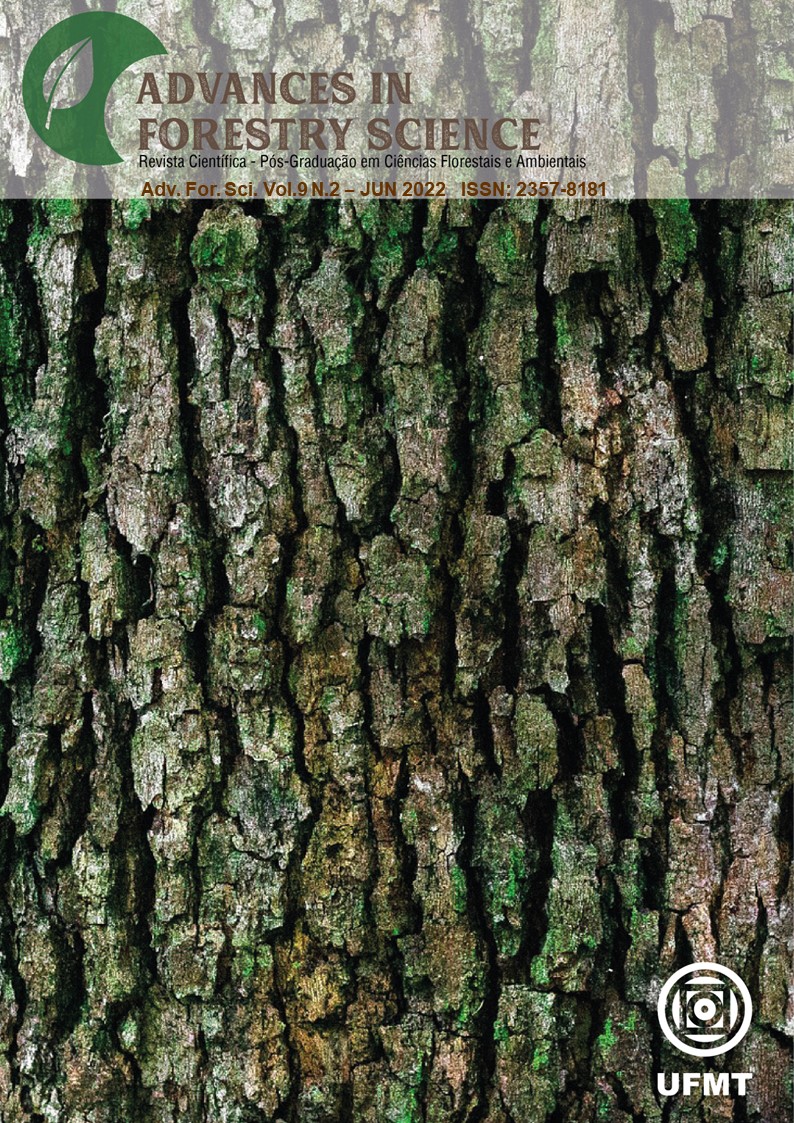Comparative analysis of the perception of residents of Mossoró RN about urban afforestation
DOI:
https://doi.org/10.34062/afs.v9i2.13048Abstract
Urban afforestation is an indispensable factor for improving the well-being of a population and, therefore, it should actively participate of the planning process. The present work aimed to comparatively analyse the environmental perception regarding urban afforestation of residents of Mossoró-RN municipality in two different dates (2010 and 2019). For data collection, the qualitative descriptive method was used, applying a semi-structured questionnaire with fourteen objective multiple choice and / or essay questions, dialogued with the residents, to understand how they interact with their surroundings and how they perceive the arborization of your sidewalk and street. According to the residents, the main function of urban forest, implemented between the two years when the interviews were conducted, was highlighted as the improvement of thermal comfort represented by the advantages “shadow production” and “reduction of heat during the hottest months of the year”. Most residents had an environmentally favourable perception of the presence of urban forest, given the importance of its benefits such as thermal comfort and quality of life within the urban space. However, they see the tree much more as a structuring element of the urban environment, with climate mitigating functions, than as a natural element, necessary for the maintenance and sustainability of relations between living beings.
Downloads
Downloads
Published
Issue
Section
License
All copyright must be assigned to the Federal University of Mato Grosso.

